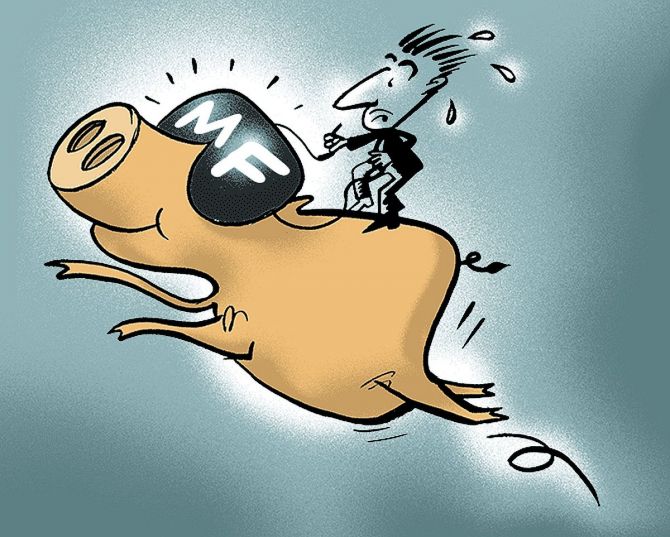This is aimed at improving liquidity in all schemes and would help them to meet sudden redemption pressures, said Sebi chairman Ajay Tyagi.

The Securities and Exchange Board of India (Sebi) on Tuesday said it would tweak norms for debt MFs to improve liquidity and help schemes meet redemption requests at a short notice.
The guidelines could mandate all debt schemes to hold a certain percentage of their portfolios in liquid assets and conduct regular stress tests to assess their liquidity profile.
An additional transaction cost could be levied for redemption in schemes that have illiquid papers.
Addressing the industry at Association of Mutual Funds in India’s (Amfi’s) 25th AGM, Sebi chairman Ajay Tyagi said the regulator was facilitating the establishment of an expert committee to frame a stress testing methodology encompassing liquidity, credit, and market risks for all open-ended debt MF schemes.
The panel will design a framework to determine the minimum asset allocation required in liquid assets, factoring in the nature of the scheme’s assets, type of investors, outcome of stress testing, and minimum redemption requirement during gating.
Fund managers, however, believe a higher proportion of liquid assets could adversely impact returns.
“We do not run a bank fixed deposit product, and fund managers are expected to take risks to generate returns.
"Higher liquid holdings will impact returns and may compel fund managers to take higher risks to compensate for lower returns,” said a debt fund manager.
Liquid schemes are currently required to hold a minimum 20 per cent in liquid assets.
Other debt-oriented schemes, however, have no such requirement and may invest in corporate bonds, commercial paper, and certificate of deposits - instruments that may not have enough liquidity in the secondary markets.
In June, an RBI paper had suggested that debt MFs should be asked to invest a certain amount in assets like government bonds and treasury bills as a buffer against sudden redemption requests.
In 2014, Amfi had come out with best-practice guidelines on stress testing - applicable to liquid funds and money market MF schemes.
Recently, there were requests by MFs to allow them to include G-secs and T-bills in the core asset allocation of credit risk funds, corporate debt funds, and banking and PSU debt funds to meet the heightened redemption requests.
“A lot of MFs hold liquid assets at present. But as things normalise and spreads increase, the diktat could hurt,” said another debt fund manager.
Debt funds typically hold 0-5 per cent of their portfolio in cash and cash equivalents, and Sebi may put a higher threshold for holding such assets, said experts.
According to Dhaval Kapadia, director (portfolio specialist) at Morningstar Investment Advisers India, Sebi has not yet addressed the root of the problem that led to the debt crisis.
“Even a 5-10 per cent liquidity buffer may not be enough if a fund faces redemption requests from large investors.
"It would be more prudent to relook existing category definitions and introduce credit definitions for all durations,” he said.
Credit definitions are currently applicable to credit risk funds and corporate bond funds.
The panel will also examine liquidity risk management tools such as “swing pricing/anti-dilution levy” for passing on transaction costs to transacting investors.
In the interim, Sebi will stipulate a minimum holding of liquid assets by all debt-oriented schemes, taking into account recommendations made by the MF Advisory Committee.
“MFs are not banks and shouldn’t attempt to behave like one.
"Unlike banks, there are neither capital adequacy requirements for MFs nor do they have the ‘lender of last resort’ comfort as banks have from the RBI,” said Tyagi.
In order to boost repo trading in corporate bonds, Sebi is planning to have a limited purpose central clearing corporation for guaranteed settlement of tri-party repo trades, in all investment grade bonds.
It is also considering a back-stop facility, by which an entity could trade in relatively illiquid investment grade corporate bonds and be readily available in times of stress to buy such bonds from various participants in the secondary market.












 © 2025
© 2025